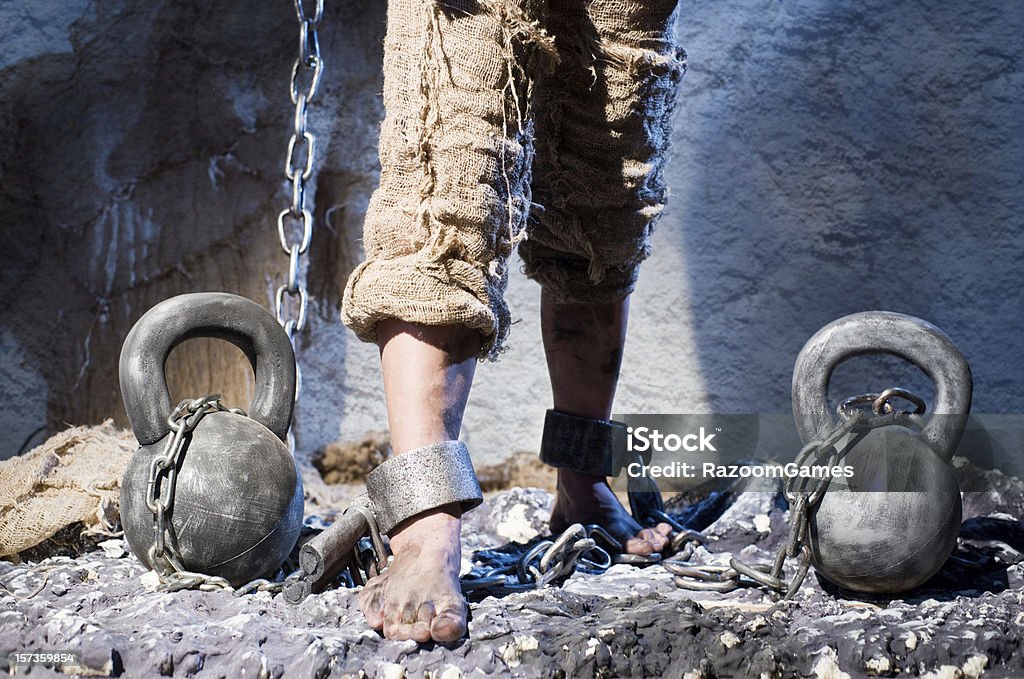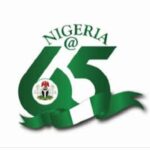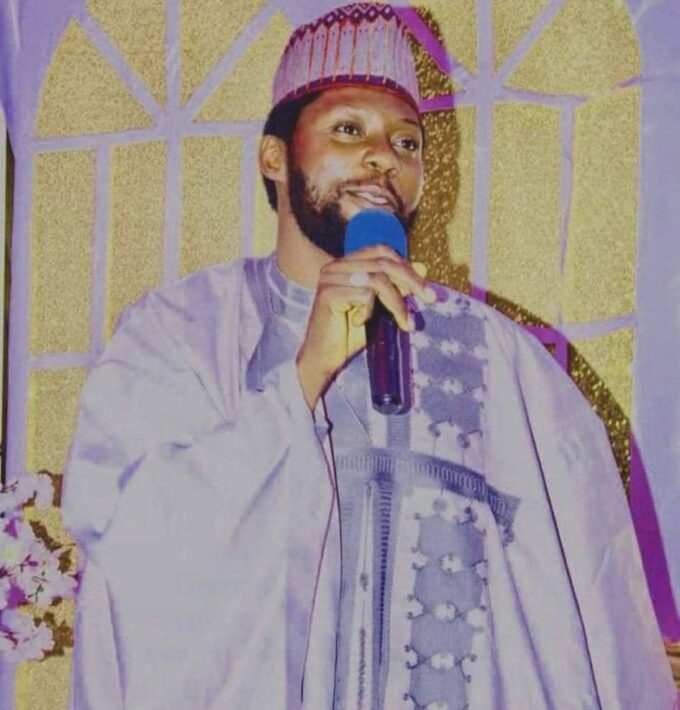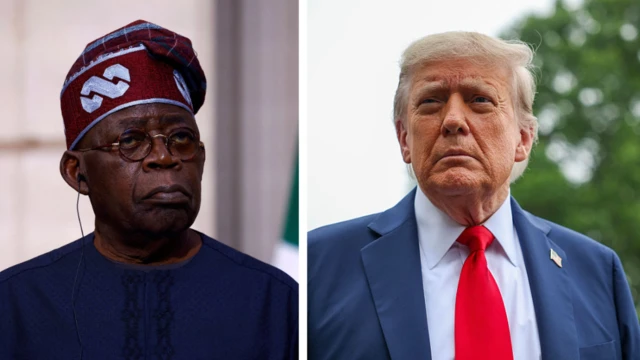“Lā ilāha illā Allāh” begins with a negation, because truth cannot be affirmed while lies still reign. In the same way, Nigeria at 65 cannot affirm independence until it first negates the dependence, fragility, and contradictions that still define its daily life. Flags, anthems, and ceremonies proclaim sovereignty, but real sovereignty is tested in the lives of citizens: whether the state can feed, power, educate, and protect them without leaning on foreign scripts or drowning in self-inflicted wounds.
Walter Rodney would remind us that underdevelopment is not a natural state but a deliberate product of history. Nigeria is a textbook proof of that. A land with oil wealth and fertile soil still records an HDI hovering around 0.55, ranked low on the UN index. Per-capita income sits below $1,000 in 2024 even after decades of petrodollars. Poverty is multidimensional and overwhelming, 133 million people, 63% of the population, are deprived of basics such as nutrition, schooling, health, clean water, and employment. These numbers are not accidental. They are the result of extraction, dependency, and elites who chose comprador roles rather than transformative ones. Independence without transformation is not independence; it is dependence in local costume.
Jeffrey Sachs would push further: true wealth is not GDP but real and tangible human development. By that measure, Nigeria has failed to turn potential into capacity. Life expectancy drags, education quality is abysmal, maternal and infant mortality remain stubbornly high, and vast inequalities split the North from the South, urban centers from rural villages. Even with recent fiscal adjustments, subsidy removals, exchange-rate reforms, a rebased GDP that now reports debt-to-GDP at around 39%, these arithmetic improvements do not change the fact that Nigerians feel poorer, hungrier, and less secure than they should. To affirm independence, Nigeria must reinvest these hard-earned macro gains into health centers, schools, water, roads, and energy grids. Otherwise, statistics will shine but lives will continue to wither.
John Mearsheimer would strip away illusions. Sovereignty in a realist world is not a flag but the ability to defend territory, secure borders, and deter coercion. Here Nigeria is in deficit. If ragtag bandits can occupy highways and forests, abduct children in droves, and force communities into paying billions in ransom, then the state’s monopoly on force is affectively being challenged. If armed forces cannot decisively defeat insurgents after more than a decade, what would happen if a neighboring state chose to test Nigeria’s defenses? Sovereignty without security is paper sovereignty. Until the state can project reliable coercive capacity, Nigeria remains formally free but substantively vulnerable.
Martin Wolf would remind us that macro stability matters but credibility matters more. The recent GDP rebasing makes ratios look better, and foreign investors may breathe easier, but rebasing does not feed a family or light a home. Inflation remains punishing even as the figures show easing into the twenties, and the structural weaknesses remain: leaky revenues, erratic exchange-rate management, dysfunctional power markets, and low investor trust. Without institutions that enforce contracts, protect property, and regulate fairly, no rebased GDP will produce meaningfully substantial prosperity. Stability without credibility is a mirage.
Adam Smith, for his part, would say that wealth is built on trust, justice, and productive specialization. None of these pillars is strong in Nigeria. Courts are slow and corrupt, contracts unenforced, policing selective, and corruption entrenched. Transparency International gives Nigeria a score of just 26/100, one of the world’s lowest. The moral sentiments that underpin healthy markets, fairness, predictability, honesty, have been replaced by rent-seeking and arbitrage. Small entrepreneurs are suffocated by extortion, unreliable electricity, and policy inconsistency. Instead of specialization and productivity, many Nigerians survive by hustling across multiple informal trades, each one fragile and unscalable. The result is stagnation, not progress.
At 65, Nigeria remains a paradox. On the map it is independent, a giant with borders intact and sovereignty uncontested. In lived experience, it is still ‘in dependence’: dependent on foreign loans to balance accounts, on imported fuel to run its vehicles, on imported food to feed its cities, on external consultants to design its policies, on IMF and World Bank prescriptions to (mis)manage its macroeconomy. Even its politics is dependent, with elections too often mortgaged to dollar rains and patronage networks. Citizens are reduced to pawns, shuffled about by local elites, international financiers, and foreign interests.
And here arises the question: who do we really think will clear the mess produced by inept and clueless politicians? The same class that engineered the rot? We must be joking. Blessed are those who expect little or even nothing from a decayed system, for they shall never be disappointed. What Nigeria urgently requires is not another packaged mesia but a paradigm shift, a seismic move that uproots the stench and supplants it with a system rooted in justice. This underscores the need to join hands with the unbowed, those who have refused humiliation, who have bled rather than bowed, and take destiny into our own hands. This is not a call to anarchy. We must unite in saying no to the imperialist hirelings and domestic predators alike. But while thinking big, we must start small. Let the changes we demand in the nation first manifest in our conduct: a culture of service excellence, honesty, and humane spirit in how we relate with one another.
O people, know that in this land of compromise and cowardice there yet remain a people who refused to bend their necks to tyrants. Others sought favor at the tables of thieves, but they chose the path of truth though it led to chains and graves. They were cast into prisons, smeared in the tongues of liars, drenched in the blood of massacres, yet they rose from the dust unbroken, like mountains standing against the storm.
They are the witnesses of our age, the living verse of God’s Book: “Among the believers are men who were true to their covenant with Allah; of them some have fulfilled their vow, and of them some still wait, and they have not changed in the least.”
Their backs carried coffins, yet their hearts carried no surrender. Their bodies bore wounds, yet their spirits bore no defeat.
They are the Husayns of our time, the Zaynabs whose tongues are sharper than swords, the companions who would rather fall with honour than live with disgrace. In their defiance resounds the Prophet’s word: “The best jihad is a word of truth before a tyrannical ruler.” By their steadfastness the lie of fatalism is shattered, the mask of hypocrisy torn apart, and the throne of oppression shaken.
Do you not see them? I need not call their names, for their names are written upon your conscience. You know them. I know them. You know I know them, and I know you know them, though fear seals lips, truth yet lives in hearts. Their legacy flows in the tears of mothers who buried sons but not hope, in the prayers of widows who lost husbands but not faith, in the chants of children who inherit neither wealth nor power but courage untainted.
By God, they are the lanterns of this age, the hard nut no tyrant can crack, the remnant proof that Karbalā was not a story to be recited but a road to be walked. Blessed are those who keep their memory alive, cursed are those who betray their example. Their endurance is a sermon without words, their blood a Qur’an without ink, their patience a banner stretched out against the armies of darkness.
O people, remember them, honour them, walk their path. For dignity is not in crowns of gold nor in thrones of silk and brocade, but in hearts that refuse humiliation and in tongues that speak truth to power. And know that God’s promise is near: “Do not weaken and do not grieve, for you will be superior if you are true believers.”
At sixty-five, Nigeria must decide whether it will continue to celebrate independence while still in dependence, or whether it will at last choose the harder path of substance. True freedom is not in flags and anthems but in a state that can protect its people, educate its children, power its industries, and defend its dignity without begging. Until then, Nigeria remains a giant that walks with shackles. The choice before us is fatalism, escapism, or resistance. Only the last honours our faith, our history, and our humanity.














Leave a comment